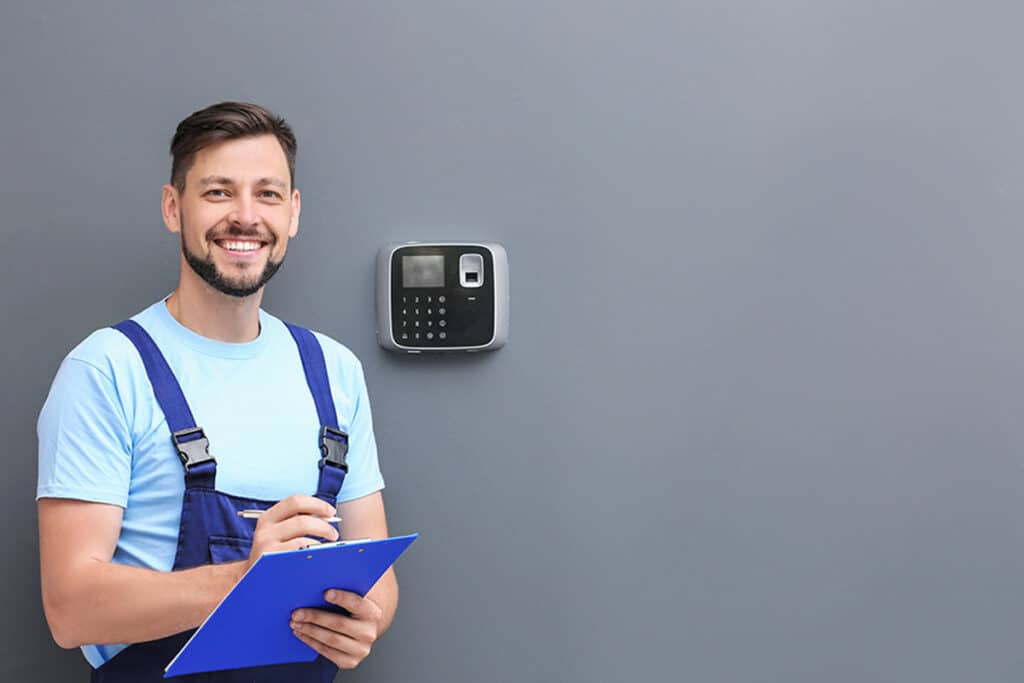In the modern era, home security systems have become more sophisticated, relying heavily on WiFi connectivity to function effectively. Ensuring your home security system operates seamlessly involves understanding and meeting specific WiFi requirements. Let’s explore the essential WiFi requirements for home security systems and how you can optimize your network for maximum efficiency and safety.
Understanding WiFi Requirements for Home Security Systems
Home security systems today are an integral part of smart home automation. They include various components such as cameras, sensors, and control panels that communicate wirelessly. Therefore, ensuring robust and reliable WiFi connectivity is crucial. Here are the primary WiFi requirements for home security systems:

1. Bandwidth and Speed
Home security systems, especially those with multiple cameras and sensors, require sufficient bandwidth to operate smoothly. High-definition video streaming and real-time alerts can consume significant data.
- Minimum Speed: Aim for at least 5 Mbps upload speed for each high-definition camera.
- Recommended Speed: For multiple devices, a minimum of 25-50 Mbps download and 10 Mbps upload speed is advisable.
2. Network Coverage
Comprehensive WiFi coverage is essential to avoid blind spots in your security system. All areas where security devices are installed should have strong and stable WiFi signals.
- Router Placement: Place your router in a central location to ensure even coverage.
- Range Extenders: Use WiFi extenders or mesh networks to cover larger homes or outdoor areas.
3. Network Reliability
A reliable network ensures that your security system remains operational at all times. Network interruptions can compromise your home’s security.
- Dual-Band Routers: Utilize routers that offer both 2.4 GHz and 5 GHz bands for flexibility and reliability.
- Backup Internet: Consider a secondary internet connection or cellular backup for critical security devices.

Optimizing Your Network for Home Security Systems
Meeting the WiFi requirements for home security systems involves optimizing your network for better performance. Here’s how you can enhance your home WiFi setup:
1. Upgrade Your Router
Older routers may not support the bandwidth and features required by modern security systems.
- Newer Models: Invest in a router that supports the latest WiFi standards (WiFi 6) for better speed and reliability.
- QoS Settings: Configure Quality of Service (QoS) settings to prioritize traffic for security devices.

2. Secure Your Network
Ensuring your network is secure from unauthorized access is vital for protecting your security system.
- Strong Passwords: Use complex passwords for your WiFi network and change them regularly.
- Encryption: Enable WPA3 encryption for enhanced security.
3. Regular Maintenance
Maintaining your network hardware and software can prevent connectivity issues.
- Firmware Updates: Regularly update your router’s firmware to benefit from security patches and performance improvements.
- Device Reboots: Periodically reboot your router and connected devices to clear any temporary issues.

Common FAQs about WiFi Requirements for Home Security
What Internet speed do I need for my home security system?
For a typical home security system with multiple high-definition cameras, aim for at least 25-50 Mbps download and 10 Mbps upload speed to ensure smooth operation and real-time alerts.
How can I improve WiFi coverage for security devices in my home?
Improving WiFi coverage can be achieved by strategically placing your router, using WiFi extenders, or implementing a mesh network system to cover all areas where security devices are installed.
What should I do if my home security system frequently loses connection?
If your home security system frequently loses connection, consider upgrading your router, ensuring your firmware is up-to-date, and checking for interference from other electronic devices. Placing your router in a central location and using a dual-band router can also help improve connectivity.
Are there any security measures I should take for my home WiFi network?
Yes, securing your WiFi network is crucial. Use strong, complex passwords, enable WPA3 encryption, and regularly update your router’s firmware to protect against unauthorized access and potential cyber threats.
By understanding and meeting the specific WiFi requirements for home security systems, you can ensure that your system operates efficiently, providing peace of mind and enhanced safety for your home. Investing in a robust WiFi network is not just about speed and coverage but also about maintaining the reliability and security necessary for modern home security solutions.

From curious child to the President of WyreDreams, my journey started with a fascination for the wires behind my dad’s boombox. Today, I lead a team dedicated to transforming standard setups into exceptional audiovisual and smart home experiences.

